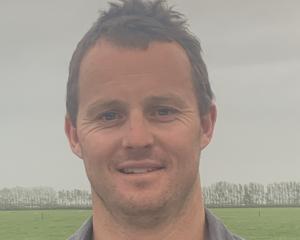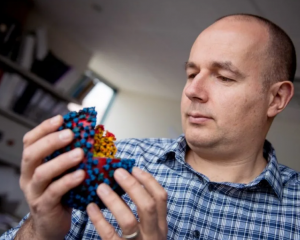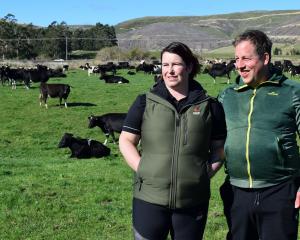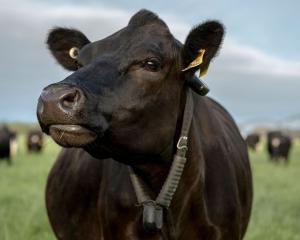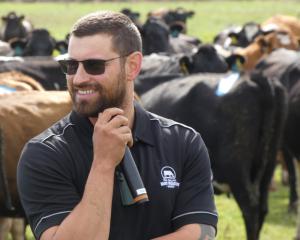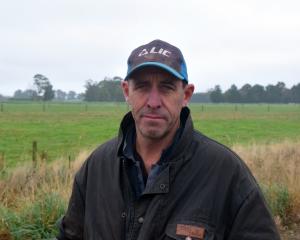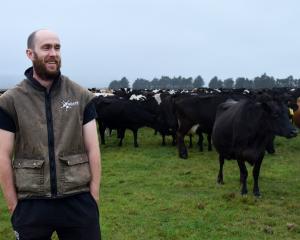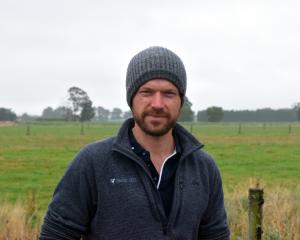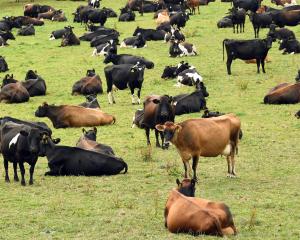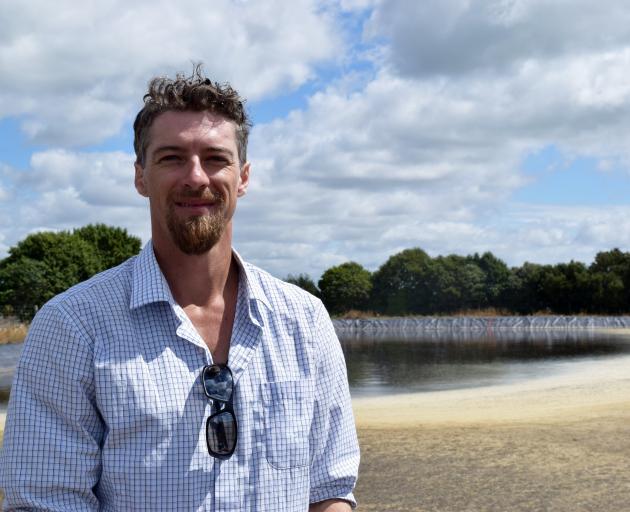
Dairy Green Ltd agriculture engineering consultant Quinton Scandrett said some people wrongly considered effluent to be a problem to deal with.
"There is thousands of dollars of nutrients sitting in that pond," Mr Scandrett said at a South Otago effluent tour field day last week.
If a farmer was considering upgrading or building an effluent storage facility, they should make sure the design was future-proof.
When designing a facility, he asked clients if there was any chance of them wanting to build a feed pad in the future.
The client often said no, then called two years later wanting to build a pad and wondering if the storage facility had the capacity to hold more effluent.
"The answer is ‘no’ because we didn’t size it for it."
To build an extra 20% storage capacity now cost much less than adding it in the future.
He urged farmers to keep those things in mind.
"Be open to those ideas."
He secured the contract to improve and get consents for two effluent ponds on Stewart Morrison’s two dairy farms on Inch Clutha — Haswell and Kilfinan.
"We did a turn-key job for him — consents, engineering, the whole lot."
The dirt pond on Haswell was on a higher area of the farm, which helped avoid any water table issues.
Any groundwater on the floor of a pond would make a project more complicated.
He was surprised how stable the material of the dirt pond on Haswell was after it was cleaned out.
The project was "very straightforward".
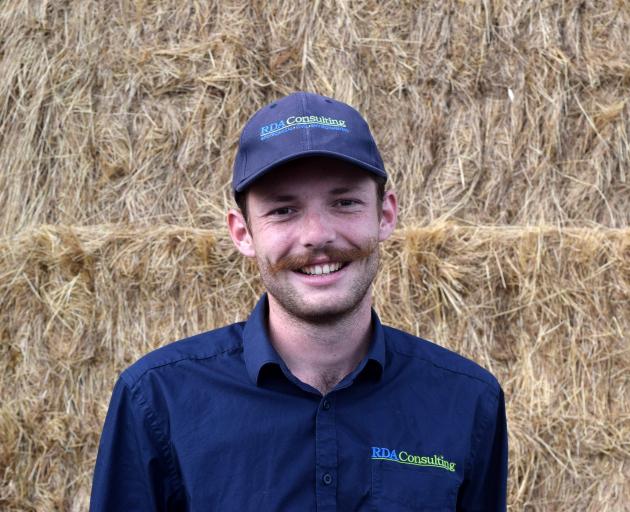
"Generally, a pond is the cheapest way to go."
The inclusion of a leak-detection system in an effluent system was a "huge cost saving" and gave the farmer "peace of mind" their liner was performing as it should.
If the pond did not have a leak-detection system, then it would need to be checked with a "drop test" which could cost up to $4000 every three to five years.
A drop test identifies if there was excessive leakage in an effluent pond.
"If a leak-detection drain only costs you a couple of grand to put in, then it is a no-brainer to do it right from the get-go."
RDA Consulting environmental consultant Brad Trebilcock, of Mosgiel, said if a pond passed a drop test, the rules stated an effluent pond did not need to be empty for a seep engineer to make a visual assessment — "if you’ve got 500mm of sludge and liquid at the bottom that you don’t want to pump out because you don’t want to affect your liner".
Mr Scandrett said if solid manure was not being separated on the way to the effluent storage facility, a farmer could reduce the amount of solids entering a pond by treating the cows nicely on the yard and, if possible, by splitting the herd.
Dairy Green research on another farm measured how much solid matter was coming out of a herd of cows each day.
In the first year of the research project, each cow produced one litre of solids per cow per day.
In the second year of research, the farm was sold and each cow produced two litres of solids per cow per day.
During the two years of research, there was the same number of cows being analysed.
The difference was there was a split herd on the first year and a single herd on the second year, and the cows were treated better in the milking shed during the first year.
How the cows were treated and how long they were in the yard determined how much effluent ended up in effluent storage, Mr Scandrett said.
"That was very evident."


